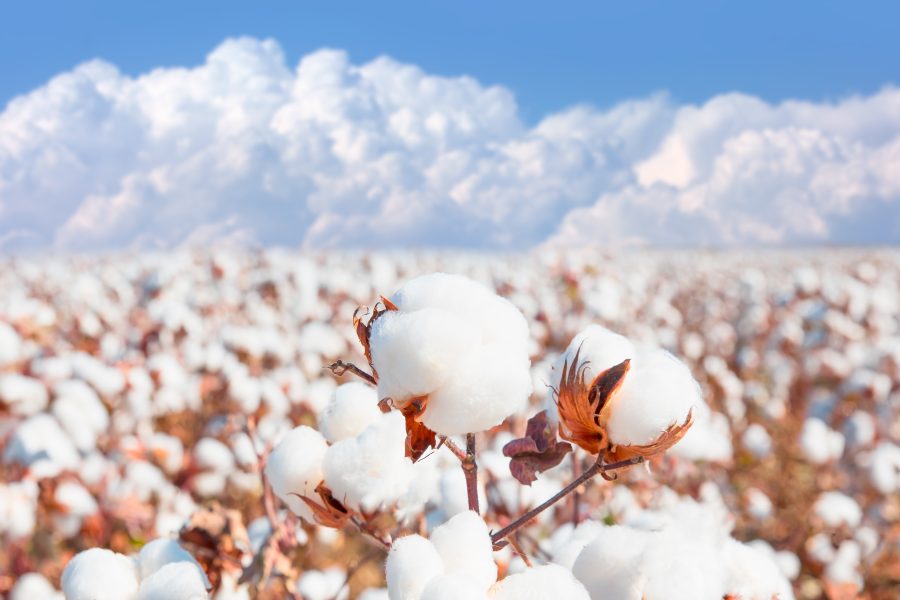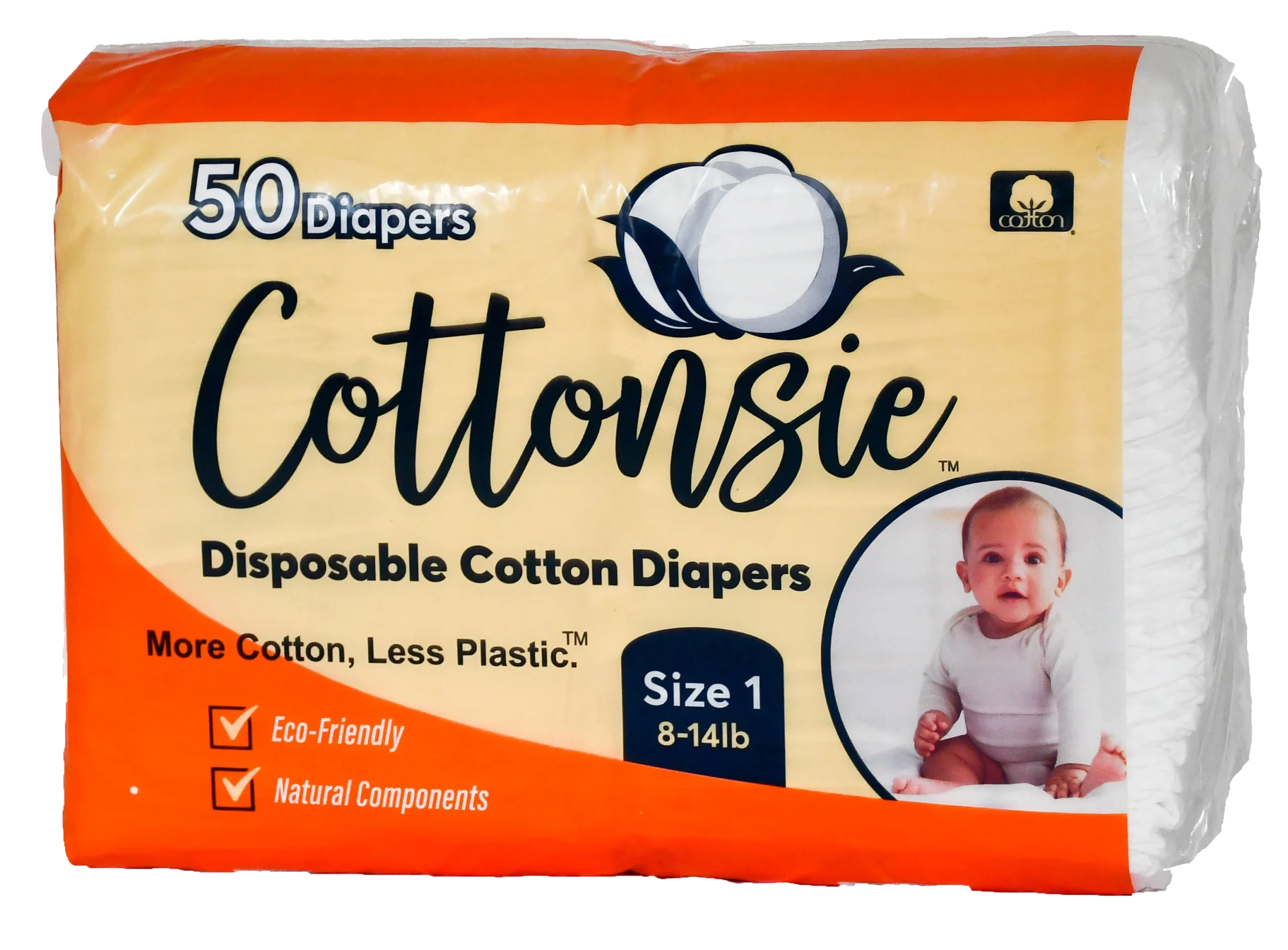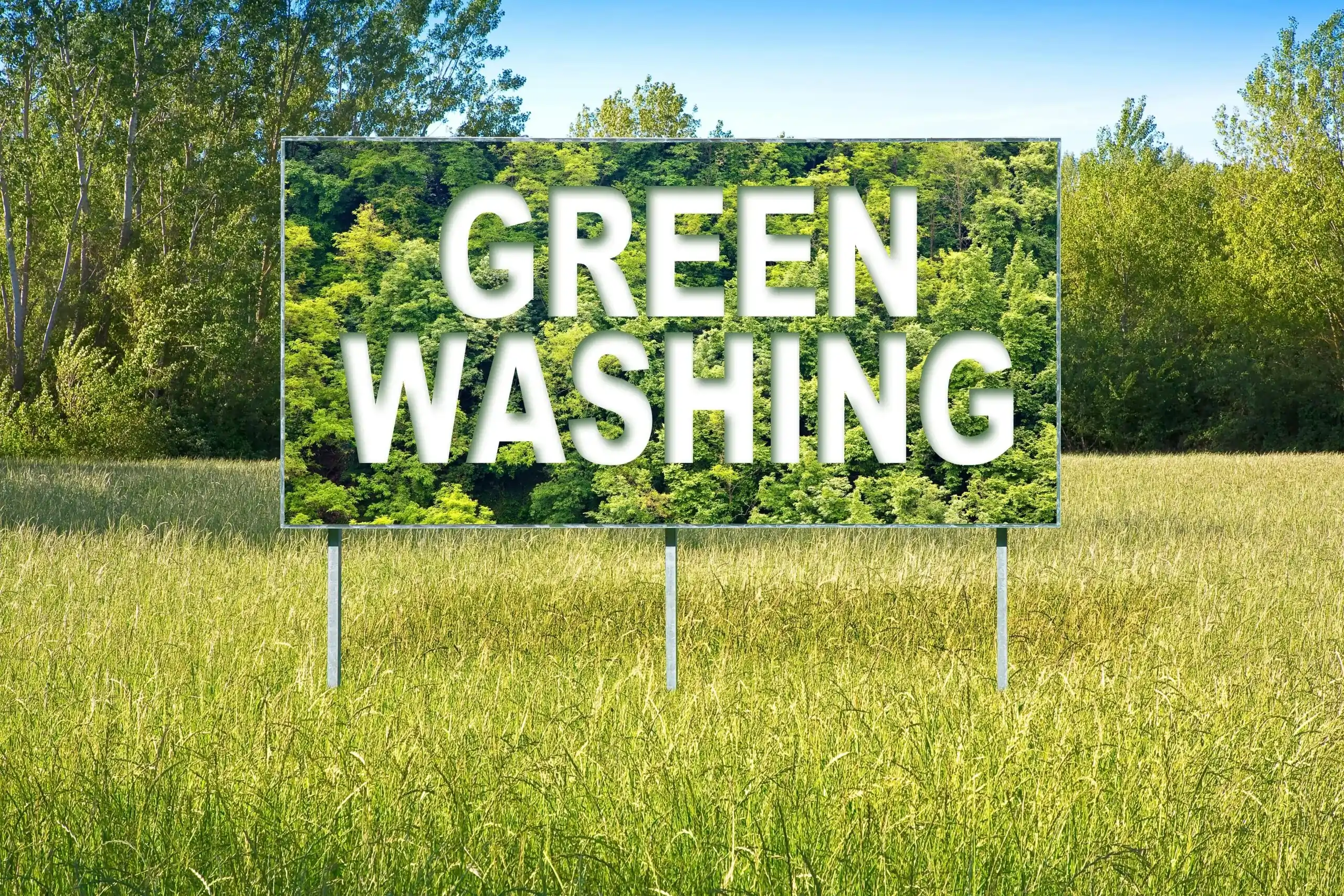
Plastic Industry Deception Leads
to Lawsuit by CA Attorney General
ExxonMobil’s Dirty Secret: How Big Oil is Fueling the Plastic Crisis
The Rising Tide of Plastic Production
While it’s widely accepted that plastics are damaging the environment, some major players in the fossil fuel sector have been ramping up their production of plastic petrochemicals by over 30% in the past decade. ExxonMobil, for instance, has increased its polyethylene and polypropylene production by a staggering 80%. This increase was highlighted in a lawsuit filed in 2024 by the California Attorney General, which accuses ExxonMobil of misleading the public about the sustainability of plastics. The environmental toll of this overproduction is devastating. Wildlife continues to suffer from entanglement in plastic waste, and plastic pollution has permeated ecosystems worldwide, threatening biodiversity and harming marine life. The lawsuit claims that ExxonMobil has not only marketed petrochemical plastics products as environmentally friendly, but has also falsely promoted the idea that plastic recycling can solve the global plastic waste crisis. Through decades of advertising campaigns, the plastics industry has perpetuated the myth that recycling can effectively address plastic pollution, a notion that has been widely debunked. Despite the growing evidence of the harm caused by plastic, ExxonMobil persists in its promotion of recycling as a solution, a deceptive strategy that has perpetuated the plastic crisis and delayed meaningful action.The Deceptive Narrative of the Plastics Industry
The Plastics Industry Association (PLASTICS), founded in 1937, has long worked to build public acceptance of plastics. In recent years, the plastics industry has heavily invested in promoting a “circular economy” narrative, pushing the idea that recycling can mitigate the environmental impact of plastic waste. This false narrative has been heavily supported by industry-backed organizations that claim to minimize plastic waste. However, California Attorney General Bonita’s lawsuit challenges this narrative, pointing out that plastic recycling is not a viable solution for the overwhelming pollution problem. These industry groups, including major oil and plastics corporations, have spent billions spreading misinformation about the efficacy of plastic recycling, assuring consumers that they can continue using plastics without consequence. However, the reality is that plastics are notoriously difficult to recycle, and most of the plastic produced today ends up polluting the environment.The Environmental Toll of Plastic Pollution
ExxonMobil, the world’s largest producer of plastic polymers, is a key player in the proliferation of single-use plastics that contribute to the global pollution crisis. According to the U.S. Environmental Protection Agency (EPA), roughly 23% of global plastic waste is either improperly disposed of, burned (releasing toxic emissions), or leaks into the environment. In California alone, estimates suggest that between 20 to 30 garbage trucks worth of plastic waste are dumped into the state’s landscapes and waterways every day.
Plastic waste has become a dominant pollutant, especially in oceans and waterways, contributing to the infamous “Great Pacific Garbage Patch.” Marine life, including seals, sea turtles, whales, and seabirds, is particularly at risk as they become entangled in plastic debris, often leading to injury or death.
In the 2010s, ExxonMobil dramatically increased its production of virgin plastics in response to the glut of ethane produced by increased fracking and reduced demand for oil. This surge in plastic production set the stage for further environmental harm, even as ExxonMobil simultaneously marketed recycling as a solution to plastic waste. By 2017, ExxonMobil had begun producing polyethylene at its Mont Belvieu, Texas facility, and by 2022, it was manufacturing five billion pounds of polyethylene annually at the site. ExxonMobil’s expansion of plastic production continued at plants in Beaumont and Baytown, Texas, solidifying the company’s central role in the ongoing plastic pollution crisis.
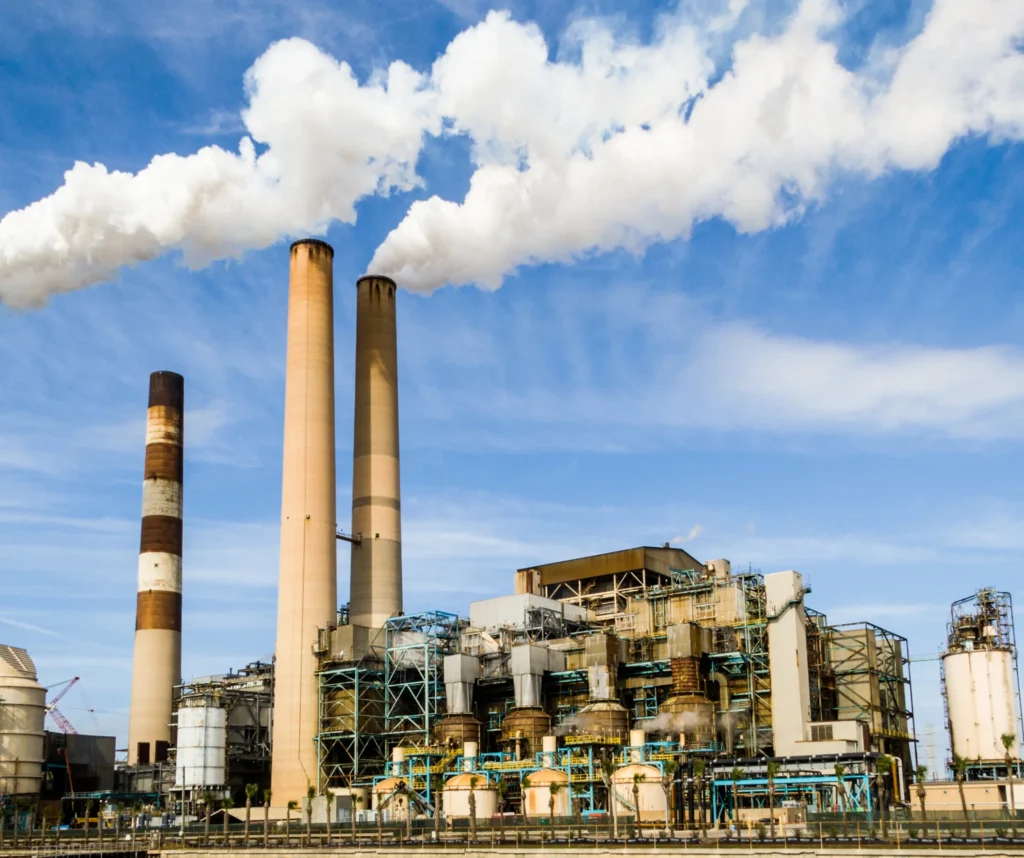
The Hidden Dangers of Plastic
What many don’t realize is that plastics don’t biodegrade. Instead, they break down into microplastics—tiny particles less than five millimeters in size—that persist in the environment for hundreds or even thousands of years. These microplastics, carried by wind, water, and wildlife, have become one of the most widespread forms of pollution. As plastics degrade in landfills, they release microplastics into the soil, groundwater, and surface water.
Microplastics have infiltrated every part of the ecosystem, and alarming studies show that they’re now found in the human body. Research has shown microplastics in human organs, including the digestive tract, lungs, and bloodstream. Even more concerning is the discovery of microplastics in reproductive organs, such as testicles, breastmilk, and placental tissue. The physical presence of microplastics in the body has been linked to chronic inflammation, oxidative stress, and potentially cancer, while certain chemicals added to plastics—like phthalates and BPA—are known to disrupt endocrine and reproductive systems.
In 2004, oceanographer Richard Thompson published his groundbreaking study on microplastics—tiny plastic particles that had been breaking down from larger plastic items and infiltrating ecosystems globally. This discovery sparked public awareness of the widespread dangers of plastic pollution, leading to increased calls for action. ExxonMobil, however, seized upon this growing concern to once again push the recycling narrative, shifting blame to consumers and claiming that plastic pollution could be alleviated through better recycling efforts.
The Insufficient Recycling Myth
Despite years of promoting plastic recycling, the system is fundamentally flawed. In the U.S., plastic recycling rates have never surpassed 9%, and much of the plastic waste that was supposed to be recycled was instead exported to countries like China, where it was often mismanaged. Furthermore, the plastics industry has perpetuated the illusion of a “throwaway” culture, where single-use plastics became the default, despite better alternatives often existing.
As we’ve learned, the solution to the plastic pollution crisis isn’t recycling—it’s reducing plastic production, particularly the single-use plastics that dominate our waste streams. A global shift away from single-use plastics would drastically reduce plastic waste and pollution, and hold the largest polluters accountable for their role in this ongoing environmental catastrophe.
In response to mounting public concern and regulatory action, ExxonMobil has been forced to face the consequences of its actions. The company’s role in exacerbating the plastic waste crisis through overproduction and deceptive recycling claims has led to legal and regulatory challenges. California, for example, has been forced to ramp up efforts to combat plastic pollution, which has been substantially fueled by ExxonMobil’s deceptive marketing and irresponsible practices.
The Necessity of Stronger Regulations and Policies
Despite consumer actions, real change will require governments to step up and implement stronger regulations. As of now, many countries still lack comprehensive policies to address plastic pollution, and the plastics industry continues to operate with little regulation. For example, single-use plastics are still being produced in vast quantities, and many countries have failed to implement meaningful laws that restrict or ban plastic production and use.
One important step forward is the push for Extended Producer Responsibility (EPR) laws, which would hold companies accountable for the lifecycle of their products, including post-consumer waste. With such laws, manufacturers would be incentivized to take responsibility for the plastic waste generated by their products, ensuring that they fund or facilitate recycling efforts. This would reduce the burden on local municipalities and taxpayers to deal with the growing plastic waste problem.
International cooperation is also essential. Global agreements, such as the United Nations’ Global Plastics Treaty, could establish legally binding targets for reducing plastic production, improving waste management systems, and promoting alternatives. A truly global effort would push for consistent regulations across nations and ensure that no country or corporation can evade responsibility.
The Importance of Education and Advocacy
Education is key to empowering consumers to make more sustainable choices. Environmental organizations and activists are leading the charge in educating the public about the dangers of plastic pollution and the need for systemic change. Social media campaigns, documentaries, and grassroots initiatives have helped spread awareness about the harmful effects of plastic on ecosystems, wildlife, and human health.
One example is the #BreakFreeFromPlastic movement, which is a global campaign involving thousands of organizations, activists, and individuals united in the fight against plastic pollution. This initiative encourages people to hold companies accountable for their plastic waste, support alternatives, and demand stronger regulations from governments.
The more people understand the full impact of plastic on the planet—from the extraction of fossil fuels to the pollution that lasts for centuries—the more motivated they will be to support sustainable alternatives, reduce consumption, and advocate for necessary policy changes.
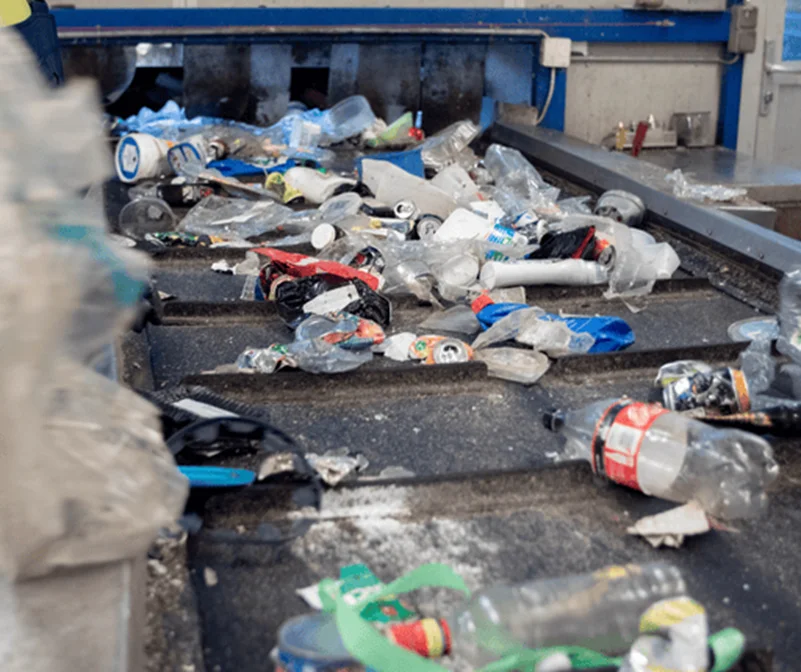
The Role of Consumer Awareness and Action
The fossil fuel industry’s actions have directly contributed to the ongoing public nuisance caused by plastic pollution, and the company has misled consumers, investors, and policymakers through false claims about the recyclability and sustainability of its plastic products. Legal actions are now demanding that the plastics industry’s deceptive marketing practices cease, and that they contribute to the remediation of plastic pollution, including by establishing funds to help address the environmental damage that has been caused.
While the fossil fuel and plastics industries hold significant power in shaping the narrative around plastic pollution, consumers also play a crucial role in the fight against it. The rise in awareness of the environmental and health impacts of plastics has led to greater demand for alternatives, but changing consumer habits and shifting away from single-use plastics is easier said than done.
Many consumers are eager to embrace sustainable alternatives, but the plastic industry’s dominance in global markets has made non-plastic options harder to find. From food packaging to household items, plastics have become ubiquitous, often without consumers realizing the true environmental cost. Companies that produce alternatives, like biodegradable or reusable products, often face higher production costs, making their products less accessible and more expensive than their plastic counterparts.
However, there is hope in the growing global movement toward sustainability. Grassroots campaigns, environmental activism, and consumer-driven demand for eco-friendly products are pressuring companies to adopt more sustainable practices. The increased visibility of plastic pollution and the mounting evidence of its harm to both wildlife and human health is driving a cultural shift. More people are reconsidering their plastic consumption, and in some cases, even taking direct action through initiatives like beach clean-ups, reducing plastic packaging use, or supporting brands that prioritize sustainability.
Innovation and Alternatives: Paving the Way for a Plastic-Free Future
In parallel with regulatory efforts, innovation is crucial in developing alternatives to plastics that are both environmentally friendly and scalable. Research into biodegradable plastics, plant-based materials, and closed-loop systems is already underway, but these technologies need more support and investment to reach their full potential.
Scientists are exploring bioplastics made from renewable resources like algae, mushrooms, and cornstarch. These alternatives are biodegradable and present less of a risk to wildlife and ecosystems compared to traditional plastics. Although still in the early stages of development, bioplastics could revolutionize industries that rely on plastic packaging and products. However, despite their promise, bioplastics are chemically altered and heavily synthesized, making them less sustainable than using purely natural materials. Another key challenge with biodegradable plastics is their instability, which often leads to a shorter shelf life and potential safety concerns as the materials break down, often very rapidly.
The solution may lie in returning to practices that worked in the past—like when paper bags were the standard at grocery stores and trash cans were lined with newspaper. Reusable bags made from natural materials, along with disposable brown paper bags, offer an effective solution to the plastic bag dilemma. With states like New York leading the charge, bans on single-use plastic bags are already being implemented. This approach could easily be expanded to other products and industries, especially as innovation paves the way for even more sustainable alternatives made from natural materials instead of plastic.
A Call to Action: Reducing Plastic Production and Consumption
The plastic pollution crisis is a direct result of the fossil fuel industry’s relentless push for increased plastic production, despite the clear and present dangers to the environment and public health. ExxonMobil and its counterparts have misled the public for decades, falsely presenting plastic recycling as a solution to the crisis they are largely responsible for creating.
The overwhelming evidence points to the conclusion that the plastics industry, led by companies like ExxonMobil, has knowingly deceived the public and hindered progress toward solving the plastic waste and pollution crisis. By continuing to overproduce plastic, push false solutions like advanced recycling, and shift the blame to consumers, ExxonMobil has perpetuated one of the most damaging environmental crises of our time.
The plastics industry’s deceptive tactics, fueled by fossil fuel giants like ExxonMobil, have delayed meaningful action to address plastic pollution. We can no longer afford to ignore the harmful consequences of unchecked plastic production. Reducing plastic production, embracing sustainable alternatives, and holding corporations accountable are crucial steps toward a healthier, cleaner planet.
However, there is still time to turn the tide. By reducing plastic production, phasing out single-use plastics, and investing in sustainable alternatives, we can begin to curb the devastating impact plastics have on our planet. Consumers, governments, and industries must work together to prioritize a future where plastic pollution no longer threatens our ecosystems, wildlife, and human health.
To tackle plastic pollution effectively, we must go beyond recycling and focus on reducing plastic production at its source. The fossil fuel industry must be held accountable for the damage it has caused, and all stakeholders—from individuals to corporations to governments—must embrace a future where sustainability is at the forefront of decision-making. It’s time for a global movement to phase out plastic pollution and to demand real solutions that protect the environment, safeguard public health, and secure a sustainable future for generations to come.
Related Articles

